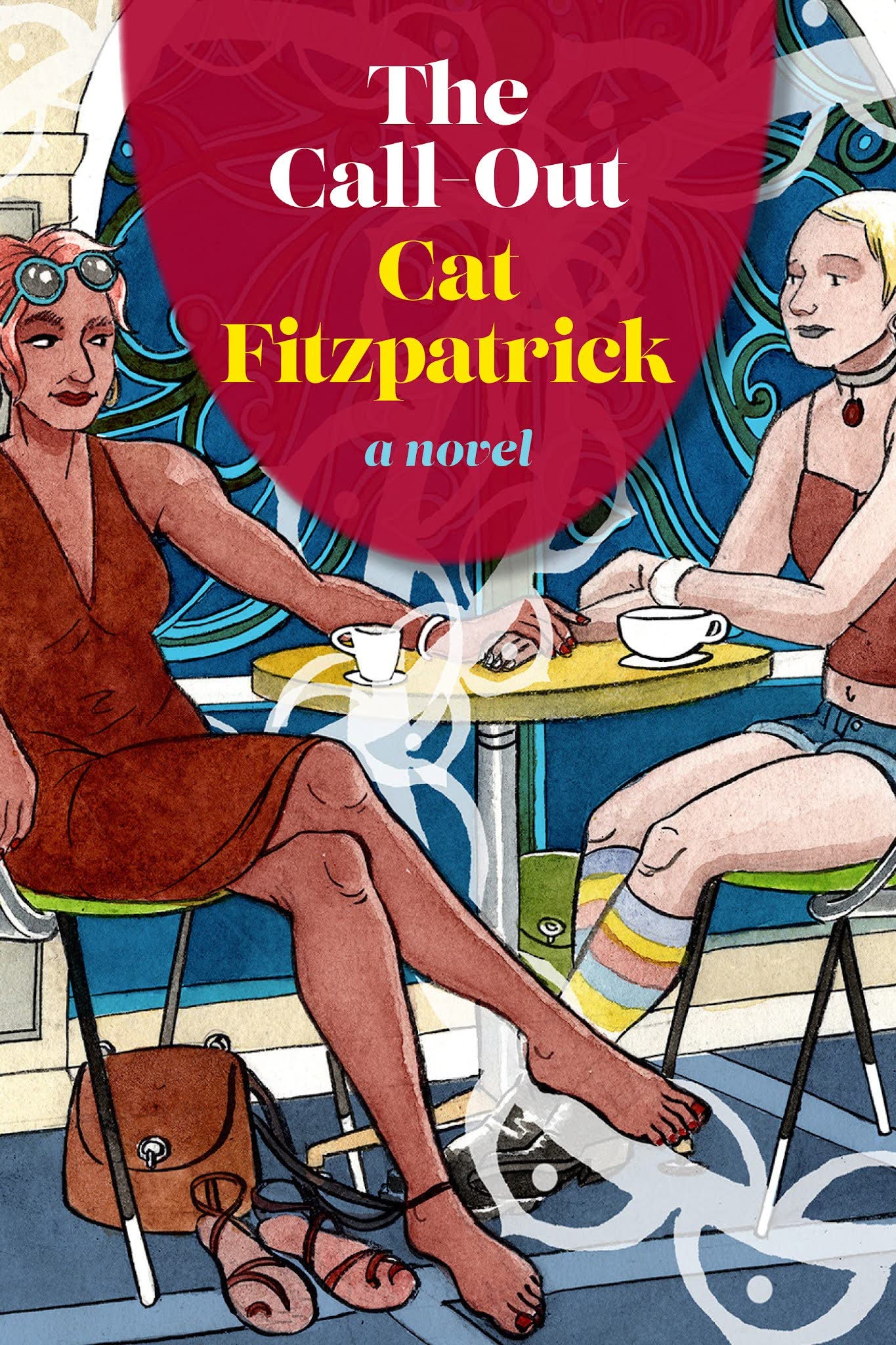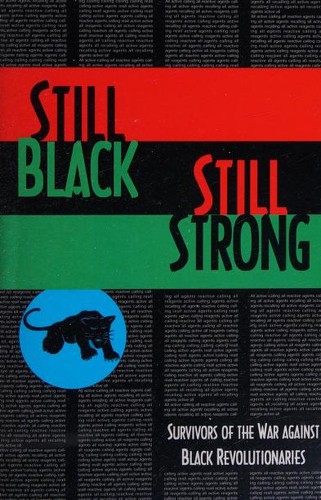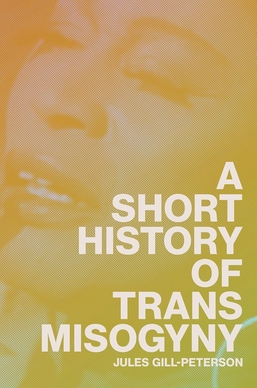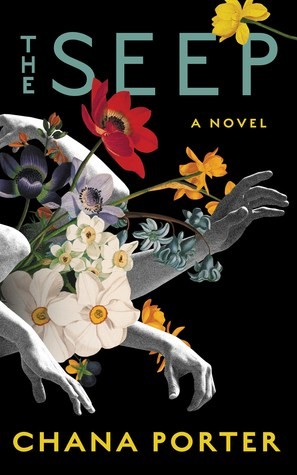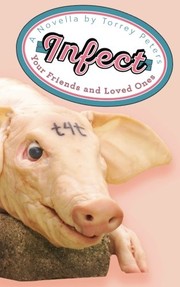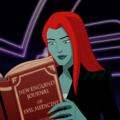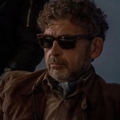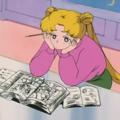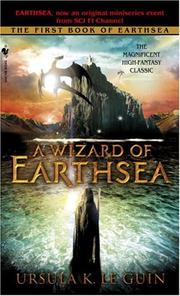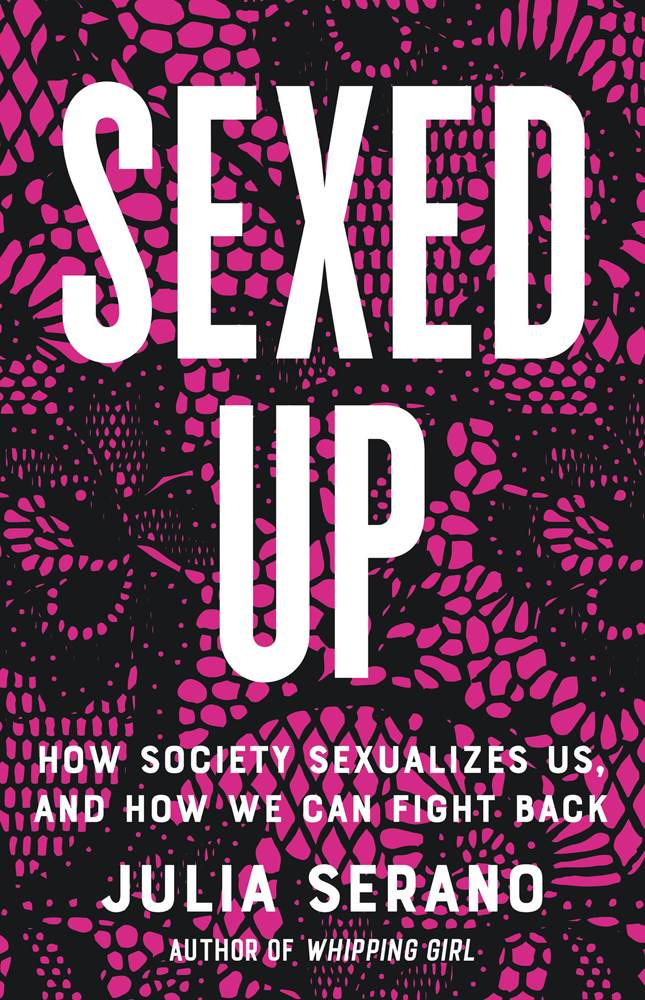Rayne started reading A Short History of Trans Misogyny by Jules Gill-Peterson
This book is scathing to say the least.
The subject introduced as the topic of those affected most by transmisogyny is not the transfemme, transfeminine person, or the trans woman, but rather the trans feminized, which seems to offer an interesting peek as to where this analysis is going to go.
This book might require sitting with some discomforts to my own complicity in trans feminizing people who aren't trans feminine, and thus complicit in trans misogyny myself. But, those discomforts are often a good thing.
I'm so excited to read more!
This book is scathing to say the least.
The subject introduced as the topic of those affected most by transmisogyny is not the transfemme, transfeminine person, or the trans woman, but rather the trans feminized, which seems to offer an interesting peek as to where this analysis is going to go.
This book might require sitting with some discomforts to my own complicity in trans feminizing people who aren't trans feminine, and thus complicit in trans misogyny myself. But, those discomforts are often a good thing.
I'm so excited to read more!
